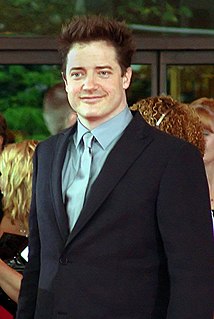A Quote by William S. Burroughs
Like many nonconformist and beat generation writers, William S. Burroughs takes the outcasts of society as his theme.
Quote Topics
Related Quotes
I tell this anecdote with tongue in cheek at the start of my book William Burroughs and the Secret of Fascination, but my academic involvement with Burroughs was entirely due to my tutor at Oxford, Peter Conrad. I was discussing with him the idea of staying on to do graduate work and when I tossed the name of Burroughs into the conversation - well, he let it fall loudly onto the floor, and proceeded to cross himself as if warding off an evil spirit. Since I was very ambivalent about an academic career in any case, that decided it for me.
The bartenders are the regular band of Jack, and the heavenly drummer who looks up to the sky with blue eyes, with a beard, is wailing beer-caps of bottles and jamming on the cash register and everything is going to the beat - It's the beat generation, its béat, it's the beat to keep, it's the beat of the heart, it's being beat and down in the world and like oldtime lowdown.
With the Holocaust - I wonder if a lot of Jewish writers of my generation have felt this way - it feels really intimidating to approach it. I feel like so many writers who have either lived through it firsthand or were part of that generation where they were closer to the people who were in it have written so beautifully about it, so there's no lack of great books about it




































